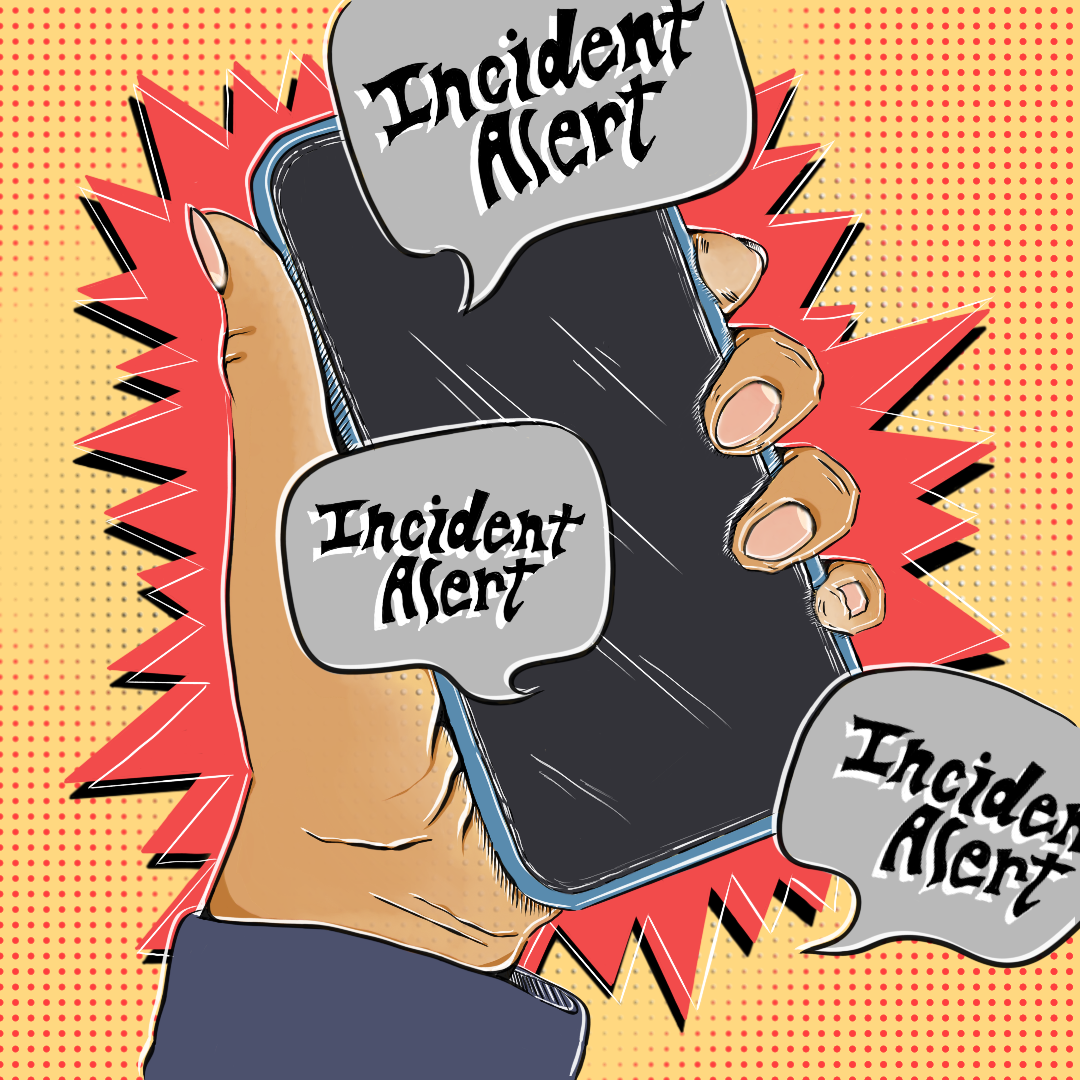Editor’s note: This story is part of The Daily Texan’s coverage of how coronavirus concerns are affecting UT-Austin. Read the rest of our coverage here.
Online scams and phishing attacks have increased since the start of the coronavirus pandemic, according to the University Information Security Office.
Email is often the most used platform for scams, but UT students have also been approached via social media and text messages, said Cam Beasley, the office’s chief information security officer. Beasly said some scammers have been incorporating coronavirus-related news headlines to appear legitimate.
A successful scam can result in the loss of money, identity theft and personal data loss, Beasley said.
“Malicious actors know that folks are eager for information,” Beasly said in an email. “Malicious actors prey on this, and can be very creative in moments like this.”
Anthropology junior Andreela Jenkins said one of her Twitter follower’s accounts direct-messaged her a link to a scam website called masksfast.us. Jenkins said she never opened the link because the URL made her suspicious.
"Since I had experience with a previous scam, I knew the certain format certain links have that makes me think, ‘This a scam, I know not to click on this,’” Jenkins said. “Other people may not know that and think since it is coming from a friend, they don’t think anything of it and fall for the scam.”
The website claimed to sell face masks and other protective equipment from China. The site offered discounted face masks from around $25 a box.
“In my case, I don't really have a lot of money, so for things like that to be put out and be a scam could really hurt me,” Jenkins said.
Beasley said to carefully look at URL links for grammar and spelling errors, which may indicate a scam. Messages that may be scams should be deleted immediately, according to the Information Security Office’s webpage.
Scammers may also look at a person’s social media to create personalized and unique lures to trick them into clicking links, according to the Information Security Office’s phishing information page.
Jenkins said she lost data from a scam a few years ago. A link on Twitter said it would provide people with a log of who was viewing their account. After clicking on it, Jenkins’ Twitter account was hacked and tweeted the same scam link to all of her followers.
“I wanted to see who views my posts and who’s always looking at my page,” Jenkins said. “I basically wanted to be nosy. For other people, I feel like it depends on the type of scam that I encounter, and right now, a lot of people are looking for things like face masks.”
Beasley said students should develop a rational mistrust of unfamiliar email, messages and phone calls to protect themselves from scammers.
“These scams will most likely continue to evolve,”Beasley said in an email. “Vigilance is key.”
UT Police Department spokesperson Noelle Newton said to always call 911 if you feel like you have been a victim of a scam.
The U.S. Department of Justice has created a National Center for Disaster Fraud Hotline to help those victimized by COVID-19-based fraud cases.
“There are a lot of vulnerable students looking for resources right now, and with everything online now, it’s easier to reach more people to fall for a scam,” Jenkins said.
This story was corrected to fix the spelling of a source. The Texan regrets this error.





















